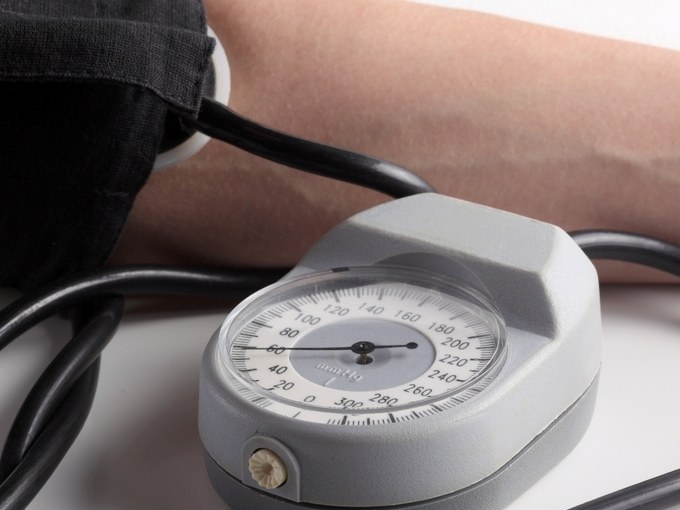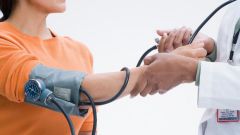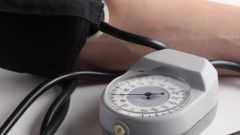Instruction
1
Hypotension is a decrease in blood pressure by more than 20% of the original numbers. In the calculation of absolute numbers is called systolic pressure below 90 and diastolic below 60 mm Hg. But to blindly rely on the absolute figures are not necessary, because the original "working" pressure is different for everyone.
2
The pressure reduction can be physiological and pathological. Physiological decrease in pressure is observed in cases when the body goes into complain mode of life. It happens to professional athletes, long and hard involved in sports (which, by the way, even the pulse is becoming less frequent); the pressure is reduced in conditions of high humidity and the sparseness of the air (in hot, humid countries, and in everyday life — in the sauna, and in mountains, respectively). Also low blood pressure may be genetically determined — in this case, it generally any discomfort the patient does not deliver.
3
Pathological hypotension occurs with severe blood loss, shock (cardiogenic, toxic, hypovolemic, traumatic, painful). Also the hypotonia can develop as a symptom of another chronic disease.
4
To supply a reasoned diagnosis of "hypotension" is possible only on the basis of daily (and only daily) monitoring blood pressure. If during the day the numbers of blood pressure does not rise above 90/60, then we can talk about a syndrome hypotension. In this case, the doctor prescribes examination to exclude secondary arterial hypotension, which can be a symptom of more serious diseases such as gastric ulcer or duodenal ulcer, anemia, neoplastic diseases of different localization, atherosclerotic vascular disease. The absence of diseases, a symptom which may reduce blood pressure, suggests a primary, or essential, hypotension.
5
Often people don't feel the lower blood pressure. And if you feel that first symptom is a postural dizziness — the dizziness and sense of nausea when changing body position from lying to standing. This condition lasts usually 1-2 minutes and is accompanied by slight nausea and blackouts. Of the other symptoms can be noted fatigue, lethargy, intolerance to heat and stuffy rooms, sweating, lability of mood, heart palpitations. If you mark at least two of the above symptoms, then you should consult a doctor to undergo screening for arterial hypotension.
6
But even if the reduction of pressure made in the diagnosis, fear is not worth it. Adaptive capacity of the organism is very high, and this pressure he will get used quickly. But to lower hands it is impossible. Need to adjust your diet to include in your routine moderate exercise, often outdoors.



